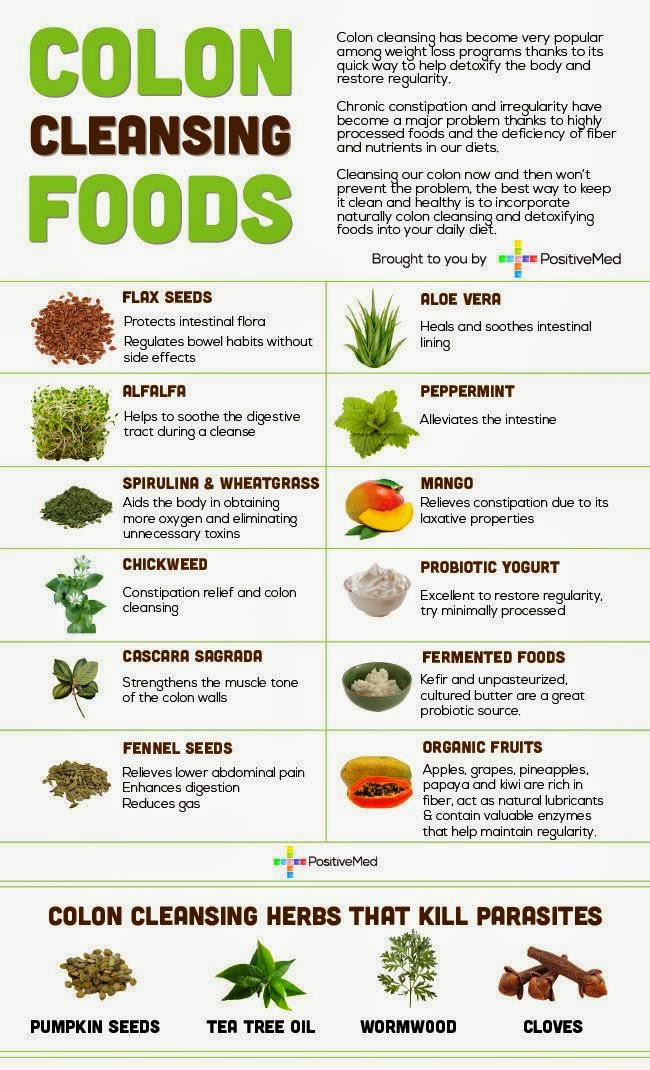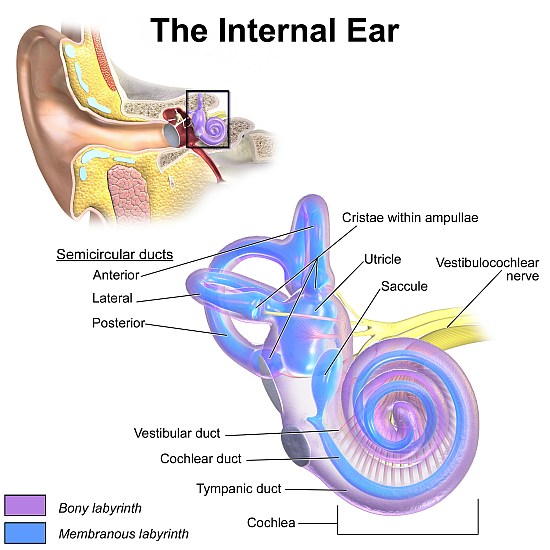I have been having some trouble lately with pain in my jaw off and on and today I received an email from the guys at Chicago Healers with some things that we should all be looking for.
Approximately 80% of all people have some kind of bite discrepancy and about 70% of these people will have destructive, oral habits or compression disorders such as clenching, bruxing, or grinding their teeth together because of their bite discrepancy. These oral habits are the main reason patients get headaches, and injure the jaw joints known as the temporal-mandibular joint. Oral compression habits are the second most common reason for having pain in the teeth or cold sensitivity.
How do you know if you have a bite problem, and/or a compression disorder such as clenching or bruxing? ChicagoHealers.com Practitioner Raymond G. Hatland D.D.S. offers the following tips for recognizing potential bite discrepancies.
Signs and symptoms to look for:
1. Hyper sensitive teeth
2. Headaches more than once a week.
3. Enlarged jaw muscles
4. Keeping your teeth together for long periods during the day.
5. Waking up with pain or stiffness in your jaw.
6. Difficulty sleeping and waking up two or three times during the night.
7. Mild to moderate wear facets on your teeth (this usually takes a dentist to see)
8. Clicking or popping sounds in your TMJ when you open or close.
9. Grating sounds, called crepitus, in your TMJ when you open or close
10. Chronic neck tensions or low back pain
11. Unable to hold a chiropractic adjustment or manipulation
12. History of trauma to the head or jaw from a car accident or fall
If you have any of the above symptoms contact the orthodontists Melbourne eastern suburbs, who can treat temporal-mandibular joint problems.
Isn’t it interesting how wide across your body that jaw problems can mainifest themselves.




